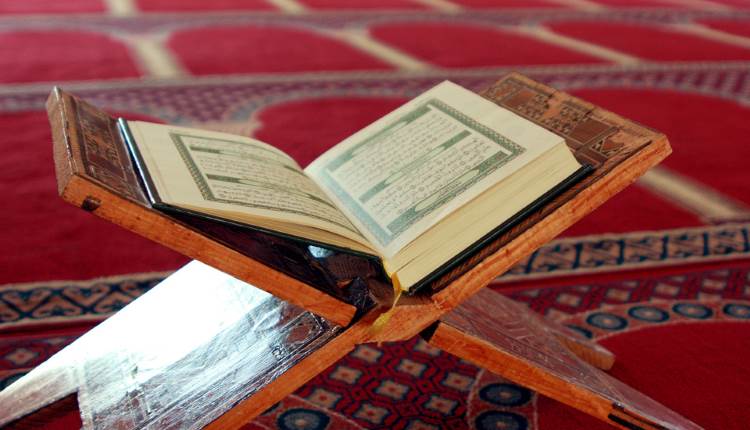Isn’t the mention of ten nights in the Quran (89:2) referring to the first ten nights of Dhul Hajj?
Isn’t the mention of ten nights in the Quran (89:2) referring to the first ten nights of Dhul Hajj?
Answer
No it is not. The oaths in the Quran haven’t appeared to emphasize the significance of the objects mentioned in them. There can be no significance attached to a falling star, Quran 53:1, for example. These oaths are meant as evidence to support the claims that have been mentioned in the immediately following verses. The claim mentioned in surah al-Fajr (89) after the mention of oaths referring to the phenomena of nature in the first four verses and historical incidents in verses six to fourteen is the Almighty’s complete control over the affairs of the world. The mention of ten nights in the surah is referring to the three durations of ten nights each when we get to witness the control of the Almighty over the cosmos in the manner the moon appears, grows bigger, reaches its full bloom, gradually gets smaller, and disappears. The reference to even and odd numbers of lunar months in the next verse is a further evidence of this understanding. The view that ten nights mentioned in 89:2 refers to the ten nights of Dhul Hajj therefore makes little sense. The fact of the matter is that the most significant days (and therefore nights) of Dhul Hajj are the six days from the eighth till thirteenth of Dhul Hajj when Hajis are practically doing Hajj.

